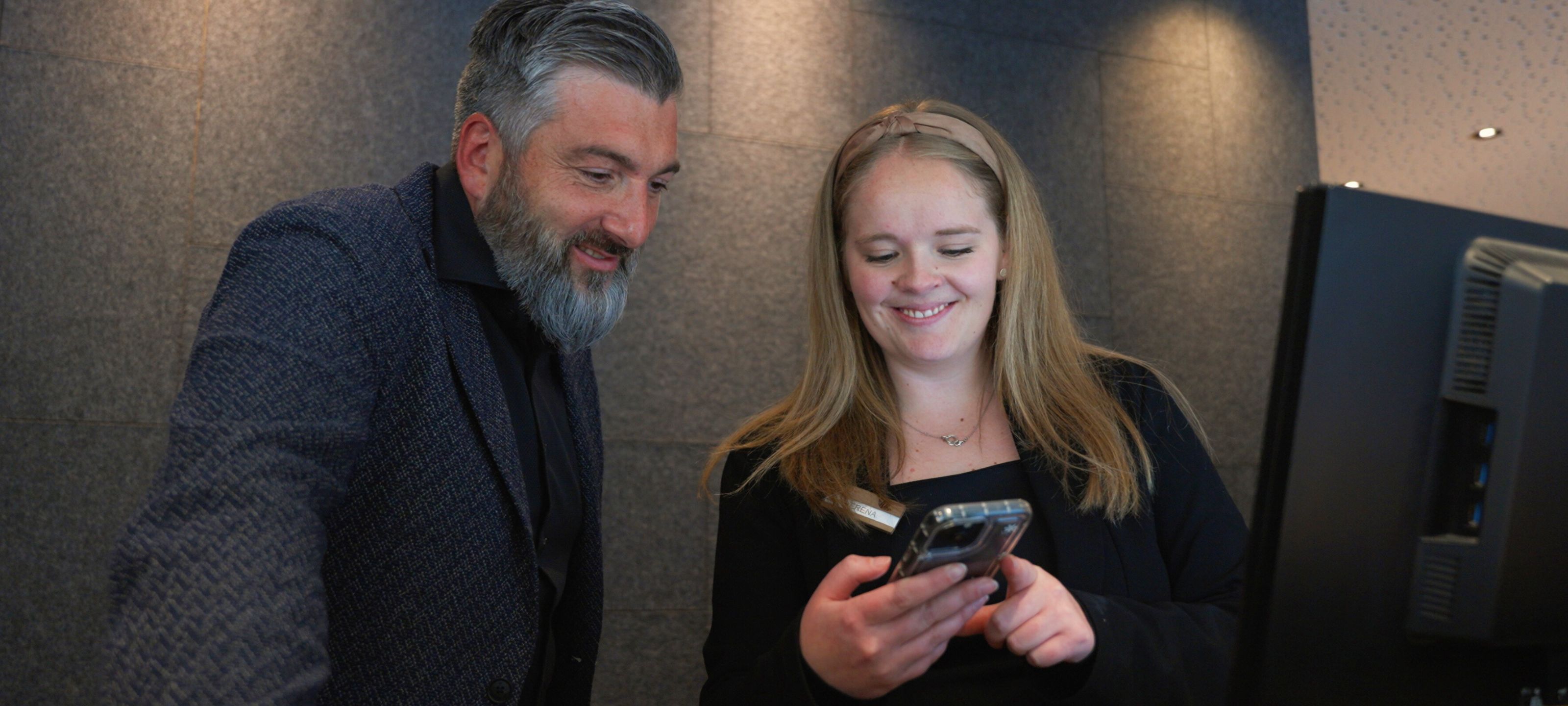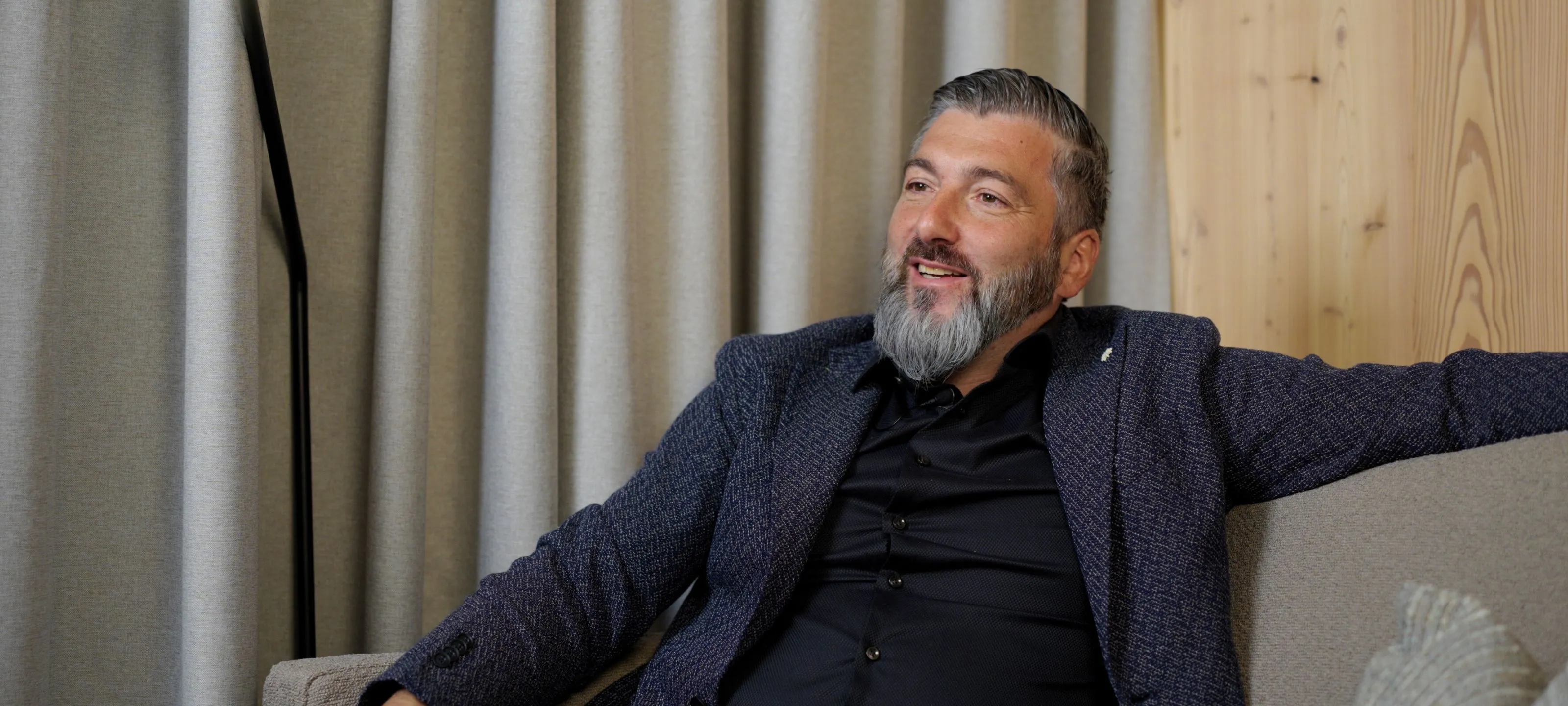
The Hidden Luxury Phenomenon: How the Understanding of Luxury Travel is Changing

Luxury travel is no longer defined solely by lavish excess, glittering worlds, and status symbols. Today’s luxury traveler seeks unique and personalized experiences, self-discovery, time, authenticity, and—above all—seclusion.
The luxury travel market is booming: although luxury travel accounts for only seven percent of the market (as of 2018), it is growing at a double-digit rate every year. This relatively small market share accounts for approximately 20% of global travel spending. In fact, discerning customers spend six times more and travel almost twice as often as the average vacationer at 5.6 times per year (according to the International Luxury Hotel Association, ILHA).
Yet the industry is undergoing a paradigm shift, or as Barak Hirschowitz, president of ILHA, puts it: "Luxury hospitality has experienced a seismic shift in consumer preferences. Luxury is no longer defined solely by opulent opulence, glitzy worlds and status. Today's luxury travelers, especially the millennial generation (born between 1980 and 2000), are looking for unique and individual experiences, self-discovery, time and authenticity, all of which are typical elements of the "slow movement," whose principle is based on deceleration and mindfulness.
From New Luxury to Hidden Luxury
The understanding of luxury in travel is shifting from "New Luxury" to "Hidden Luxury": Hidden Luxury, as the term self-explanatoryly describes, takes place in a parallel world: ostentatious self-promotion is replaced by incognito vacations, paparazzi-free zones and discretion. The ambience is still characterized by design and lifestyle. But the new perception of luxury, not only in the travel industry, is increasingly defined immaterially and, in the case of the phenomenon of hidden luxury, secretly.The hotel industry in particular is feeling the changes in the luxury travel market, both in major cities and in remote regions. The trend is away from internationally standardized luxury hotels to individually designed, small boutique hotels that score points with regionality and authenticity. Luxury guests are looking for an innovative hotel concept, a genuine hotel brand that offers them an individual feel-good factor. Exclusivity is particularly evident in the desire for seclusion. Suites in tree houses (e.g. Chewton Glen in the UK), underwater (Manta Resort in Tanzania) or luxurious desert camps offer the opportunity for complete retreat. In the city, think of Munich's Beyond by Geisel on Marienplatz.
The New Standards for Luxury Travel
In this travel segment, first-class facilities and service are a matter of course. Only the right additional parameters complete a first-class offer. The aforementioned shift from tangibles to intangibles is based on lasting experiences, sensations and insights. In summary, these are the following quality requirements:
Time and Space
For luxury travelers, the concept of time means the availability of services around the clock, e.g. no fixed breakfast times, but any meal at any time. A large sense of space creates freedom of space, which in turn helps to create an inner sense of space and freedom in the mind of the guest.
Health and Safety
The primal human dream of "eternal youth and health", on which all spa concepts are based, must be taken into account in the luxury hotel industry.
The parameter "safety" here does not mean "safety from potential terrorist threats", but rather those related to photographer-free zones or clean resources such as clean air, pure tap water and fresh food.
Sustainability and authenticity
For luxury travelers, social responsibility and environmental sustainability play an important role; they feel the need to make an active contribution to protecting the environment.
Authenticity means authentic products paired with authentic people who act and interact naturally.
Exclusivity and individuality
Development is moving away from sprawling hotel resorts and toward a few rooms/lodges/chalets, the only way to provide personalized service and proximity to the guest. The traveler is looking for a personalized experience tailored to his or her needs.
Expertise and aesthetics
The market expects trained experts in their field, who run their establishments with quality and aesthetic in mind.
The Key Role of Technology
Instead of interchangeable luxury hotels, guests are looking for unique experiences. Technology will play a role in personalizing and even anticipating this vacation experience. For the hotel itself, "augmented reality" (i.e., the computer-based enhancement of the perception of reality) will enable more intensive storytelling by providing additional information about the destination and its surroundings. The hotel thus becomes a personal host, showing its guests the city or region.
Innovative hotel concepts in the luxury sector in the Alpine region
How is the Alpine hotel industry responding to these changes? By trying to strengthen its own market position through new hotel concepts: through a strong brand, through deceleration instead of opulent demonstration and excess, through offering individual experiences.
Below are two examples, one rural and one urban, where the new parameters of luxury travel have been put into practice.
Whitepod Les Cerniers (in picture)
This eco-luxury hotel in the Swiss Alps consists of a "bungalow complex" on a steep slope. The capsule-shaped, fully self-sufficient high-tech tents, known as pods, are all about ecological design and sustainable luxury. Two chalets with restaurants, spa and reception complete the hotel camp, where motorized traffic is limited in the spirit of sustainability.
The Lodge
Richard Branson's (Virgin) luxury chalet in the idyllic ski resort of Verbier, Switzerland, accommodates up to 18 people and is exclusively rented. Guests have access to their own chef and chauffeur, a spa with hammam and indoor pool, home theater, wine cellar, kids' club and private ice rink. The parameters of time, space, exclusivity and aesthetics, combined with complete privacy, perfectly reflect the Hidden Luxury concept.
Beyond Munich
The "city residence" with only 19 rooms and suites is located in the center of Munich, directly on Marienplatz, in the top floors of a bookstore. The central elements here are the opportunity for retreat and exclusivity combined with individuality: access is granted exclusively to guests, and the atmosphere is intended to reflect a visit to good friends. The concept of the hotel, with its individually designed rooms, also includes the fact that there are no opening hours for the various areas: the wish for a late breakfast is fulfilled, as is the visit to the market with the chef to procure the ingredients for the desired menu, which is then prepared together.
Conclusion
Luxury in travel is increasingly defined immaterially and based on sustainable, individual experiences. With the phenomenon of hidden luxury, guests are now experiencing their vacations away from the public eye. The hidden-luxury phenomenon can thus be seen as a further development of the luxury travel segment, a reaction to the changing mindset and behavior of potential guests.







.jpg)

.jpg)



.webp)
